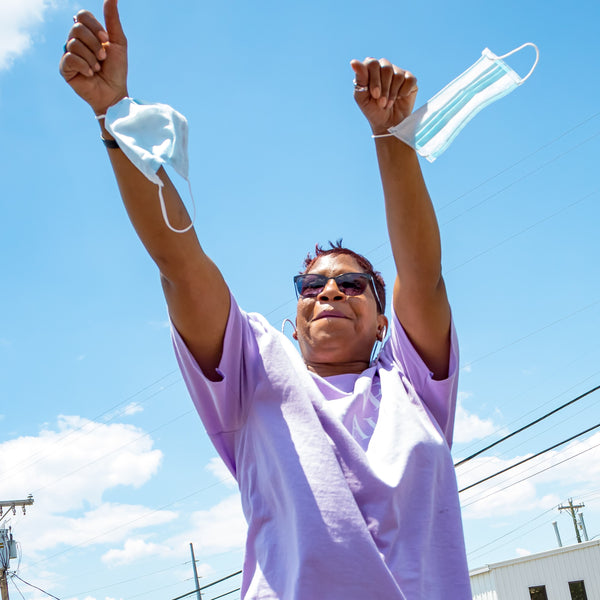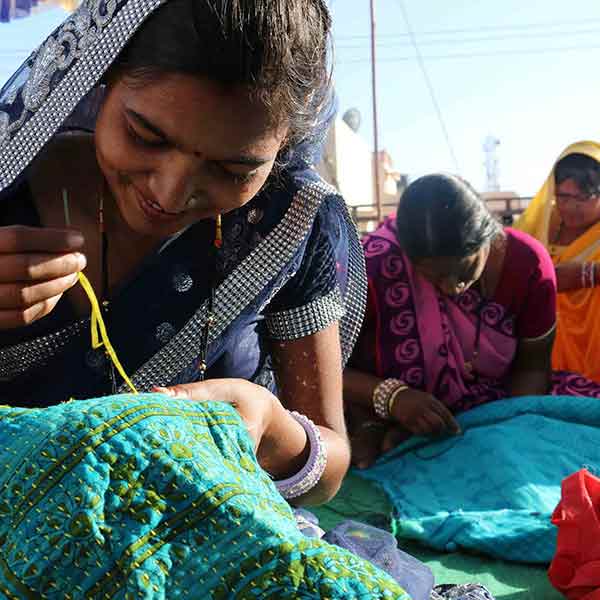Spanish Prime Minister Vows to Abolish Prostitution, Saying It ‘Enslaves’ Women
Prostitution has boomed in Spain since the practice was decriminalized in 1995; a 2011 U.N. report cited Spain as the third-biggest capital of prostitution in the world, behind Thailand and Puerto Rico, and it has made a name for itself as the brothel of Europe. Recent estimates put revenue from Spain’s domestic sex trade at $26.5 billion a year, with as many as 300,000 people working in the industry.
Prostitution is legal in many European countries, including Germany, Switzerland, Austria and Greece. Supporters of decriminalization say it brings huge benefits to the women working in the trade and makes life safer for them. But critics say countries that have legalized or decriminalized commercial sex often experience a surge in human trafficking, pimping and other related crimes.
In the 1980s, most sex workers in Spain were of Spanish origin. But by the early 2000s, the majority were migrants from poor European countries, Latin America and Africa, making them vulnerable to exploitation. The issue has become a thorny political topic, partly because it is tied to concerns about illegal migration.
Prostitution is largely unregulated in Spain, and there is no punishment for those who offer paid sexual services of their own will as long as it does not take place in public spaces. But pimping or acting as a proxy between a sex worker and a potential client is illegal. That has created a legal loophole where businesses are able to obtain a license to establish clubs that may function as brothels but can’t hire sex workers directly; the sex workers are made to “rent” the rooms they work in — a situation that means they don’t have the legal benefits and protections of other workers.
In 2020, nearly 100 academics, artists, writers, jurists and former prostitutes reportedly signed a manifesto calling for prostitution in Spain to be abolished. The document pointed out that an overwhelming percentage of sex workers were women living in poverty, with no proof they’d chosen prostitution over some other viable alternative.
The Spanish government didn’t provide any details of the plan to outlaw prostitution Sunday. Sánchez, a Socialist with a minority government, has won favor with working people, women and voters outside the major urban centers with policies prioritizing health care, education and equal pay.
Advocacy groups such as the Committee of Support for Sex Workers argue that prostitution should be recognized as a legitimate economic activity, rather than abolished, and its workers accorded the same rights as other workers.
“It is not socialist to take away the work of 300,000 mostly migrant women workers. Only rights can stop exploitation, not more raids, not more police,” a U.K.-based rights group wrote on Twitter in response to Sánchez’s announcement, adding: “Criminalizing clients and workplaces doesn’t abolish prostitution, it does make workers more unsafe and precarious though.”












